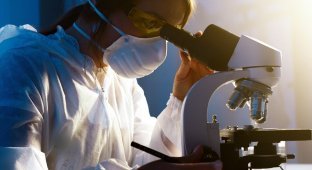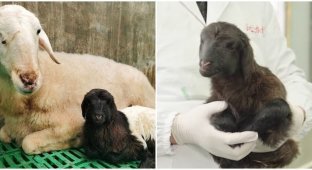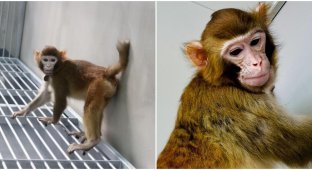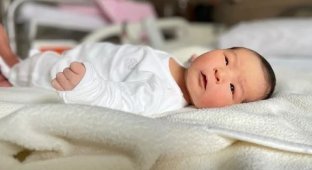Scientists have created human eggs from skin cells (3 photos)
Scientists have developed a method for creating human eggs. The nucleus of a skin cell is transferred to a donor egg, from which its own nucleus has been removed. This discovery could aid in infertility treatment. 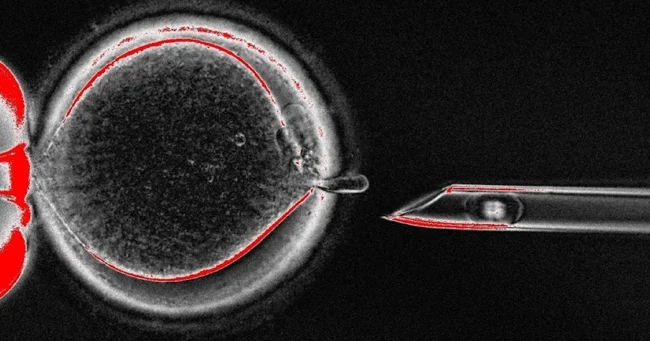
"Many women are unable to start a family due to egg loss. This can happen for a variety of reasons, including cancer treatment," noted Professor Richard Anderson, Deputy Director of the Centre for Reproductive Health at the University of Edinburgh.
"The ability to create new eggs would be a major breakthrough." The study showed that genetic material from skin cells can be used to create an egg with the desired number of chromosomes, which will be fertilized and develop into an early embryo. 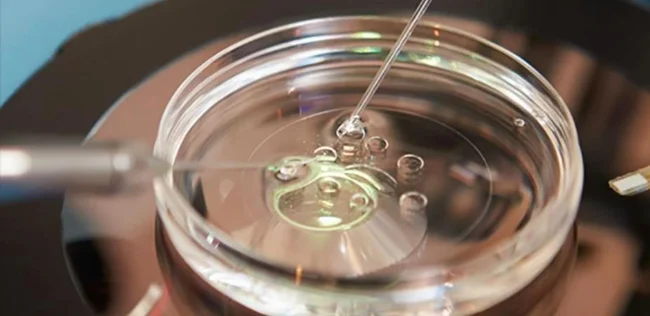
The process involves transferring the nucleus from a patient's somatic cell (such as a skin cell) into an enucleated donor egg. This allows the cell to develop into a functional egg.
However, eggs contain only half the chromosomes (23), while skin cells contain the full complement (46), requiring their removal.
To remove this extra complement, the team developed and tested mitomeosis in mice, but it has yet to be tested in humans.
"Mitomeosis mimics natural cell division, resulting in the removal of one set of chromosomes, leaving a functional gamete," the scientists explained. 
During the experiments, the researchers created 82 viable eggs, which they then fertilized in the laboratory. Approximately nine percent of these eggs developed into the blastocyst stage, an early stage of embryonic growth.
However, the researchers did not grow the blastocysts beyond this stage, which coincides with their typical transfer into the uterus during IVF.
While the study's findings offer promise for women with egg problems, experts emphasize its limitations.
It's important to note that the majority (91%) of blastocysts showed no changes after fertilization.
Furthermore, chromosomal abnormalities were detected in some blastocysts.
"Mitomeosis is a proof of concept," noted Ying Chong, a professor of reproductive medicine at the University of Southampton who was not involved in the study. "We are increasingly seeing patients who are unable to use their own eggs due to age or health. While this is still early laboratory work, it could change our understanding of infertility and miscarriage. Perhaps one day, it could pave the way for the creation of eggs or sperm for those who have no other options."














